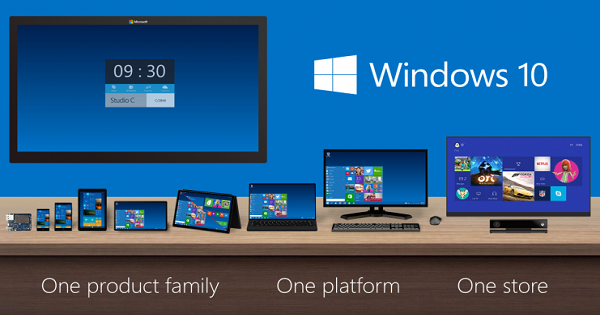Posted by : Cyber Freak
Monday, 2 April 2012
1. Big Entertainment
As anyone who payed attention to the debates over the Stop Online Piracy Act (SOPA) and the PROTECT IP Act (PIPA) already knows, the entertainment industry does not approve of the way the Internet currently works. It is too open, too free — a veritable Wild West, where thieves and sneaks can do whatever they please. It must be wrangled and brought back down to Earth, where it can be controlled (and used to make a profit).
2. Governments
You may have noticed that all of the ways the entertainment industry forces its will upon the Web are done so with the help of the strong arm of the U.S. federal government. Because of this, it is necessary to implicate one with the other.
Of course, the particular bills and treaties mentioned above are far from the only ways the US government tries to tamper with the Web. Right now, a number of cybersecurity bills have been introduced that could take their own toll, not only on the Internet, but on our civil liberties. Furthermore, the US Immigration and Customs Enforcement department (ICE) recently declared that any website URL that ends in .com, .net, or .org can be seized at anytime due because the sole company allowed to dole out these top-level domains, Verisign, is a US-based company. Where we find the most egregious threats are in countries that value freedom of speech and access to information (two areas where the Internet shines brightest) far less than the United States. On their own recently-published “enemies of the Internet” list, Reporters Without Borders declares the following governments as the world’s most threatening: Burma, China, Cuba, Iran, North Korea, Saudi Arabia, Syria, Turkmenistan, Uzbekistan and Vietnam. While the other entries on my list may be justifiably criticized as overblown or hyperbolic, the governments of these countries are true enemies of the Internet and the civil liberties many of us take for granted.
3. Illegal file sharers
I realize this is not going to be a popular opinion, but I fear it must be said: the illegal distribution of copyrighted content does more harm than good for the Internet. The prevalence of piracy is the reason the entertainment industry freaks out and spends millions pushing dangerous legislation. Without online piracy, Hollywood and the Internet would be much friendly bedfellows. Moreover, those who argue for the right to pirate take away from the legitimate concerns of those who want to stop bills like SOPA and PIPA due to the perils they pose for things like the freedom of speech and technological innovation. Pirates are the loud drunk kids at the high school party who cause the neighbors to call the cops.
4. Cybercriminals
As long as the World Wide Web has been in existence, there have been people out their using it to exploit others. And unlike the other members of this list, cybercriminals themselves make the Web a more dangerous place to be, just as muggers, murderers, and rapists make a city a worse place to live. According to Norton’s Cyber Crime Report for 2011, more than 431 million people worldwide fell victim to cyber crime of one sort or another. The increasing prevalence of inexpensive malware only makes matters worse. Not to mention the fact that, like illegal file sharers, cybercriminals are responsible for a slew of bad legislation that can hamper our online freedoms while doing nothing to make us more safe. Now, you might wonder whether I would include “hacktivists” like Anonymous on this list. And my obnoxious answer is, sometimes. While reports show that hacktivists are now responsible for more data breaches than other types of hackers, these groups often have the welfare of the Internet in mind. They take direct action against the aforementioned governments that impose their draconian censorship on their people, and are largely responsible for spreading the message against SOPA and PIPA.
5. Internet Service Providers (ISP)
Finally, we have the Internet and wireless service providers. In addition to their collusion with the entertainment industry, ISPs are one of the strongest opponents of Net neutrality, a principal that requires ISPs to treat all content flowing across their networks as equal. The Federal Communications Commission enacted a set of “Open Internet” rules that forbid such drastic action by ISPs. However, these rules are nearly nonexistent in the wireless realm — the forefront of the Web. In the next several weeks, the shareholders of companies like AT&T, Sprint, and Verizon, will vote whether or not to apply Net neutrality rules to their wireless services. And, not surprisingly, these companies are pushing for nefarious practices like “paid prioritization” of network traffic, which flow strongly in the opposite direction of the open Web.
- Back to Home »
- communication , cyber , hackers , internet , online , security , technology »
- The Open Internet's 5 Deadliest Enemies














